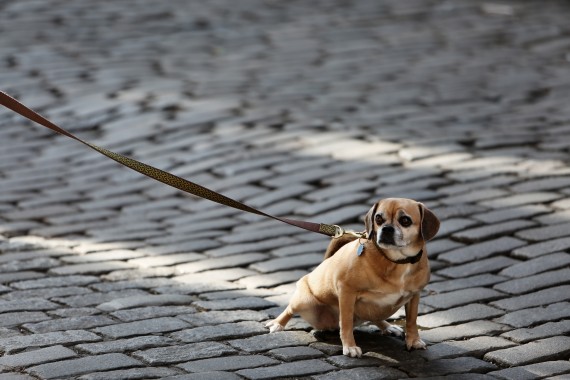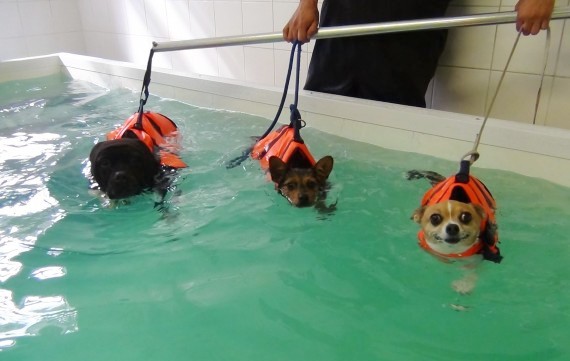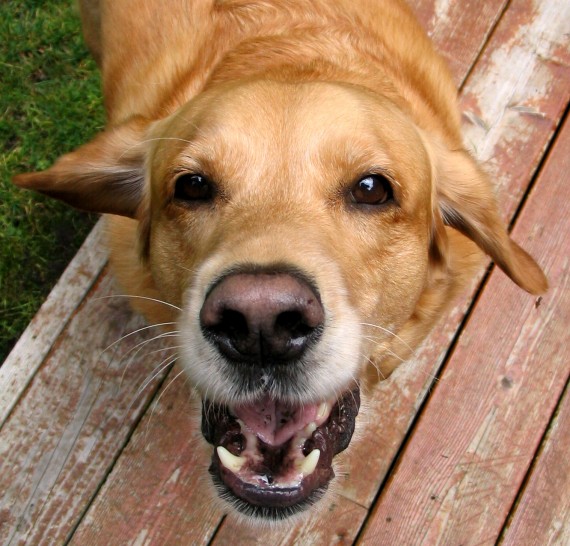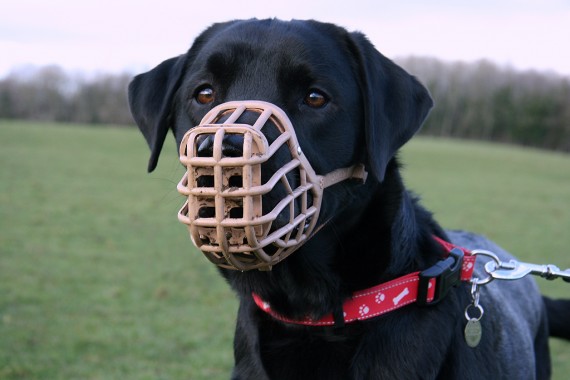Behavioural benefits of dog hydrotherapy

Hydrotherapy programmes have seen widespread popularity and increased participation in recent years. This has been driven largely by owners seeking the physical benefits it offers to dogs, both in recovering from injuries and the more general fitness benefits such as weight loss and cardiovascular fitness. Perhaps less well publicised are the behavioural benefits that can…







